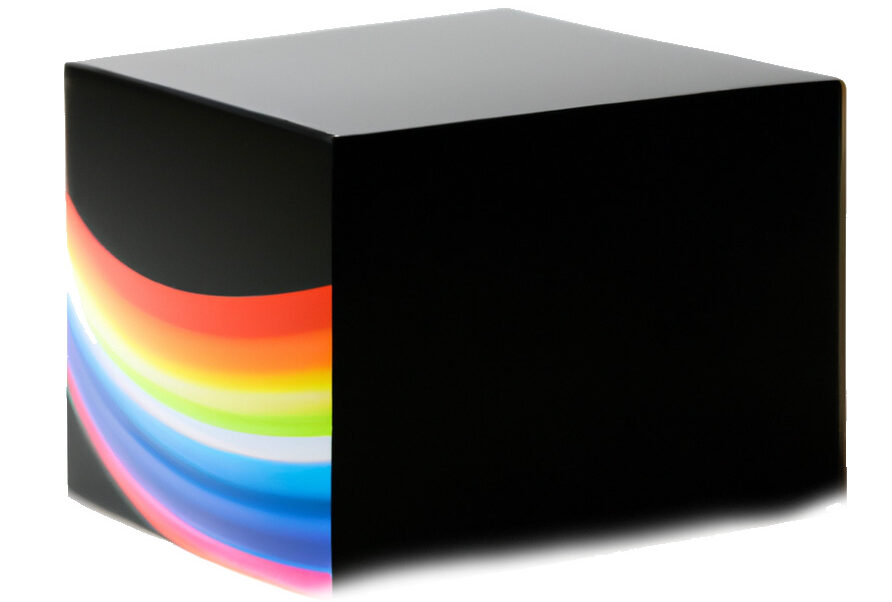In another dramatic move from OpenAI, the company updated its Terms of Service with the intention of giving users of its DALL-E platform “full ownership rights” to the images they create using DALL-E.
In an email to DALL-E users, OpenAI said:
“You own the generations you create with DALL·E. We’ve simplified our Terms of Use and you now have full ownership rights to the images you create with DALL·E — in addition to the usage rights you’ve already had to use and monetize your creations however you’d like. This update is possible due to improvements to our safety systems which minimize the ability to generate content that violates our content policy.”
That’s a big shift. Although OpenAI has previously said users could make use of DALL-E images for commercial purposes, it has still retained a certain level of control and ownership over the system’s output.
Now, OpenAI is saying that users not only own the images they create–they also retroactively have rights to any images they created before the change was made.
My Analysis
I’m not a lawyer–this isn’t legal advice, and you should speak with a lawyer about your specific situation or any specific questions about copyright and DALL-E. But as an industry expert, I noticed some really interesting things about how OpenAI is implementing this.
Let’s start with their Terms of Use. Here’s the specific paragraph about content rights:
Your Content. You may provide input to the Services (“Input”), and receive output generated and returned by the Services based on the Input (“Output”). Input and Output are collectively “Content.” As between the parties and to the extent permitted by applicable law, you own all Input, and subject to your compliance with these Terms, OpenAI hereby assigns to you all its right, title and interest in and to Output. OpenAI may use Content as necessary to provide and maintain the Services, comply with applicable law, and enforce our policies. You are responsible for Content, including for ensuring that it does not violate any applicable law or these Terms.
It seems straightforward at first, but it’s actually quite carefully worded. OpenAI never says that you own copyrights in the images, or says anything about you owning any specific rights to them. Instead, it simply says that if it happens to own rights to the images, it’s handing them over to you: “OpenAI hereby assigns to you all its right, title and interest in and to Output.
Ownership Questions
Why does that matter? As Shira Perlmutter, the Director of Copyright for the United States, explored in a recent session at the Digital Media Licensing Association’s annual conference, no one yet knows whether AI-generated images can be copyrighted.
It’s an open question that both the industry and the copyright office is still working on.
For that reason, OpenAI can’t actually grant you ownership rights to DALL-E’s images, because no one–OpenAI included–actually knows if anyone has any ownership rights to those images.
What it can do is say “If we happen to have any rights in these images, we’re giving them to you,” and that’s exactly what the company has done. Basically, they’re saying “We don’t interfere with your use of the images or try to control how you use them.” They also add several disclaimers about “applicable laws.”
Again, that’s not OpenAI trying to be sneaky. It’s just that the laws behind ownership of machine-generated images are still in the works. OpenAI’s change is valuable since it signals the company’s intent, and basically shows that OpenAI isn’t going to get involved in any individual synthographer or prompt engineer’s image rights. They no doubt have their new partnership with Shutterstock in mind as they make these changes.
Whether or not you can copyright your DALL-E output (and how to deal with the specifics of how the system is trained)? That part is on you.
This article is for informational purposes only and should not be construed as investment, tax or legal advice.

